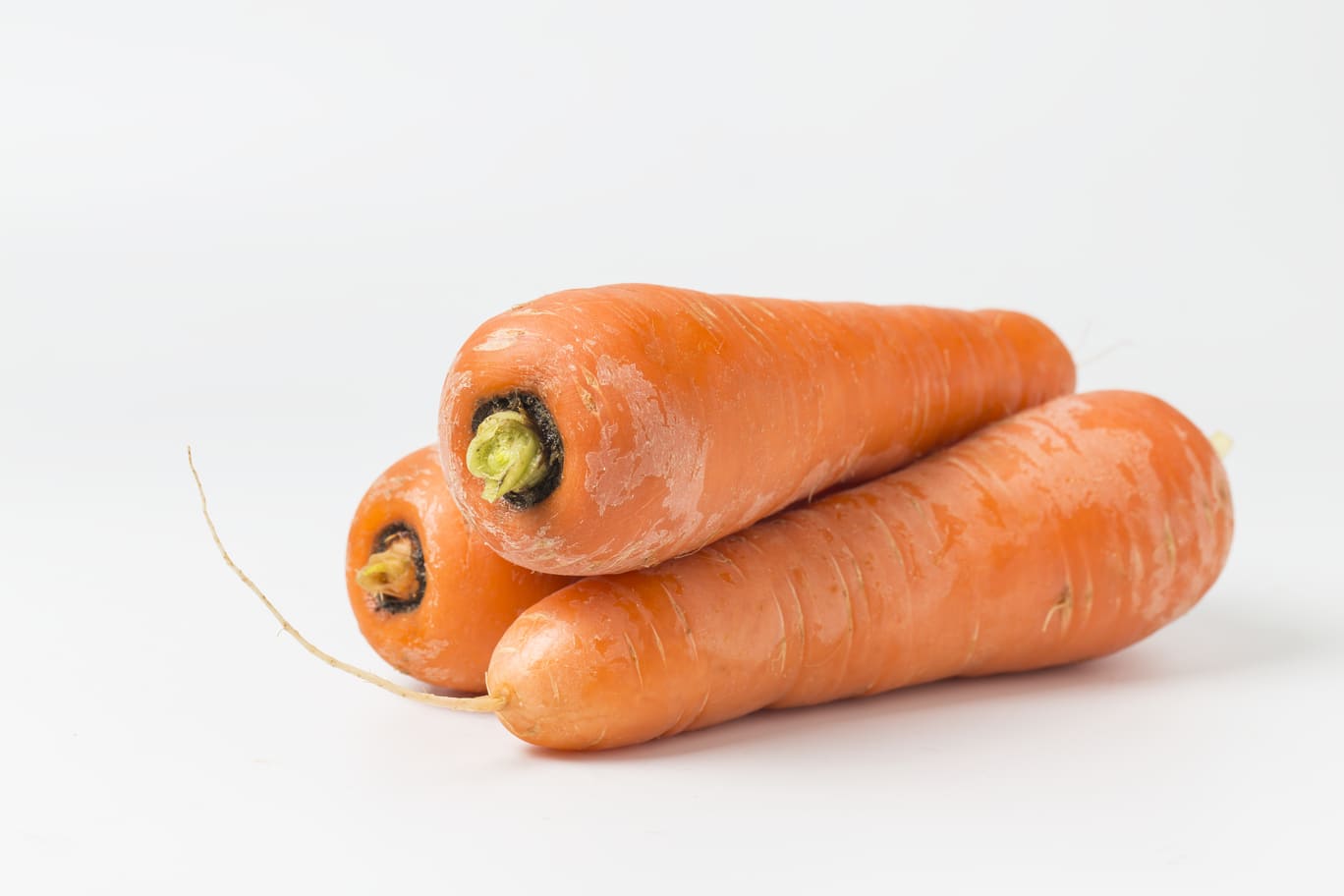Carrots are a staple in children’s daily diet and are given in various forms from baby carrot, carrot soup, and also carrot juice. The purpose for most parents is to improve eyesight and even avoid eye problems. But the question is, is it true that eating carrots regularly have positive impacts as people hoped for?
Carrot is type of bright coloured vegetable, quite hard in texture, and tastes sweet. The fact that carrots are easy to find in most markets with an affordable price favoured parents to provide carrots as one of the main nutritious food at home.
Carrot itself has beta carotene contents which is the building block for vitamin A. Vitamin A is surely important for eyesight because it helps in changing light to signals for the brain, enabling to see in low lights. Moreover, the cornea can diminish without adequate vitamin A. Every year, it is stipulated that 250,000-500,000 children turned blind from vitamin A deficiency in Nepal and India. Vitamin A supplementation has been proven to improve night time vision.
After answering the question of if the carrot is beneficial for general eye health, it is then debatable of how many carrots needed per day for eyesight improvement? The answer is still unclear.
Many studies are looking for the benefits of beta carotene or vitamin A but not the benefits of carrot directly. A random controlled trial in 2005 studied the impact of consuming 4.5 ounces of carrots for six days in a week compared to other high vitamin A choices such as fortified rice, amaranth leaves, and goat liver to fight night blindness in pregnant women. The result showed that all food more or less had the same benefits although vitamin A supplements gave the best results. This study reported that routine intake of cooked carrot meal for 6 weeks can give a significant response.
However, other studies showed that beta carotene does not turn into vitamin A efficiently because 12-21 molecules of beta carotene are needed to be converted into 1 molecule of vitamin A. Moreover, beta carotene must be converted in the gut wall so in certain individuals it better to just take vitamin A compared to eating carrots.
Too much of carrot consumption does not improve eyesight because when it is enough beta carotene intake, the body stops converting it into vitamin A. The purpose is to avoid toxic levels of beta carotene accumulation.
So, how many carrots are ideal? There is no certain answer but a moderate number is better. If someone eat too many carrots then the skin can turn into slightly orange, a harmless symptom. Eye conditions from genetic disorders, ageing, or diabetes also cannot be improved with beta carotene.
Besides containing beta carotene, carrots also contain luthein, an antioxidant. Food rich in luthein is found to increase macular pigment density. If the pigment is denser, the retina is more protected and reduces the risk of macular degeneration.
The conclusion is that carrot is a truly nutritious vegetable but it cannot prevent eye problems or reverse existing eye conditions.
Source:
https://gaileyeyeclinic.com/carrots-actually-improve-eyesight/
https://www.scientificamerican.com/article/fact-or-fiction-carrots-improve-your-vision/



